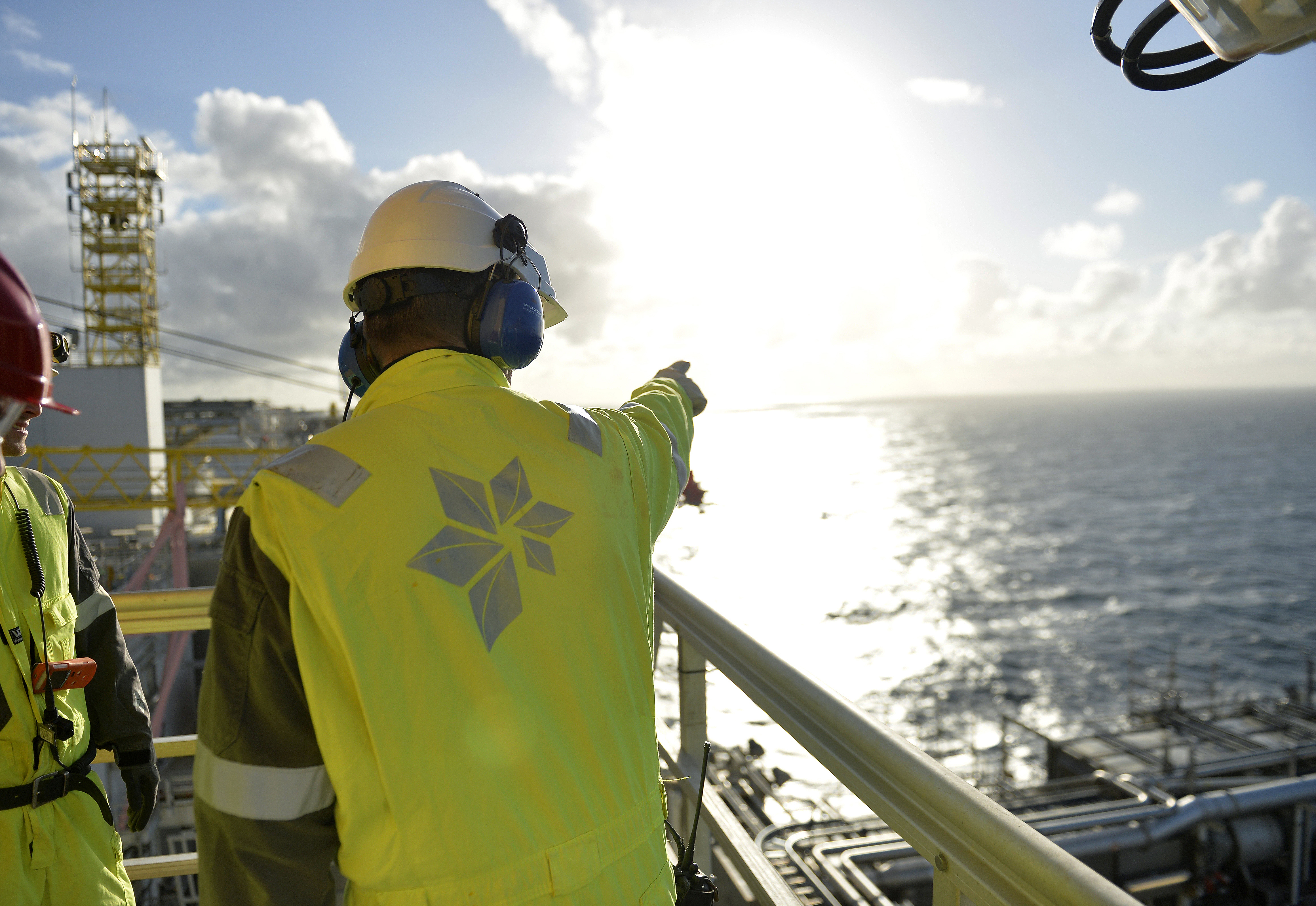Norway defends tax deductions on Arctic drilling

STAVANGER, Norway — Norway’s plan to shield oil companies from U.N. fees if they produce oil far from land in environmentally sensitive Arctic regions is in line with long-standing tax policies, the Oil and Energy Ministry said on Wednesday.
Opposition parties accused the right-wing government on Tuesday of failing to inform parliament clearly about a plan to let companies deduct any U.N. charges for Arctic production more than 200 nautical miles (370 km) from land against tax.
The Oil and Energy Ministry said the deductions promised were consistent with Norwegian tax policies for oil companies.
[Norway plans tax breaks for remotest Arctic oil fields]
Under the 1982 U.N. Convention on the Law of the Sea, states must pay up to 7 percent of revenue from oil, gas or other minerals produced from their continental shelves more than 200 nautical miles offshore.
The money will go to a fund to help developing nations. The U.N. provision is dormant because there has been no production so far from land, even though some countries including Canada and Norway are exploring for oil more than 200 miles offshore.
Extracts of letters published by Reuters on Tuesday showed the right-wing government told oil and gas companies bidding for blocks far offshore in the Arctic that any such special costs “will be deductible in the calculation of the petroleum tax.”
On Wednesday, the Ministry sent Reuters documents showing that similar language had been used in a licensing round for blocks further south in 2011, when a center-left coalition government was in power.
Some opposition parties, campaigning ahead of a national election on Sept. 11, said the fragile environment in the Arctic needed special protection and parliament should have been consulted before offering the tax deductions.
The Law of the Sea leaves it up to governments to decide how to raise the special fees under Article 82, with the option of passing on the costs to companies.